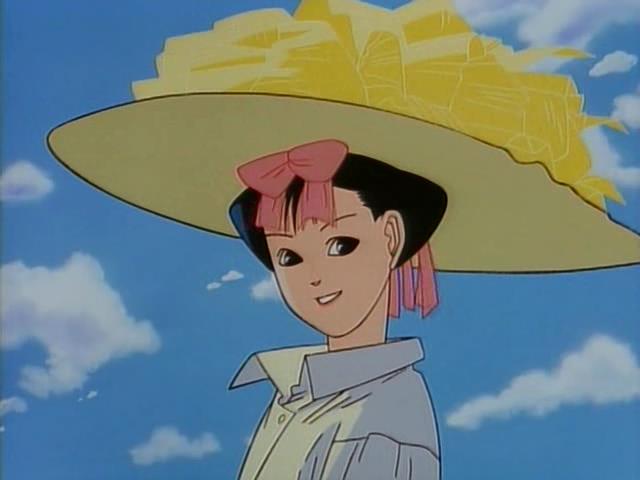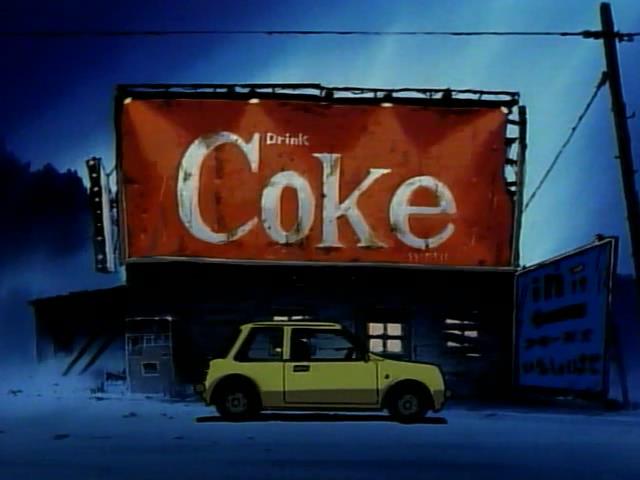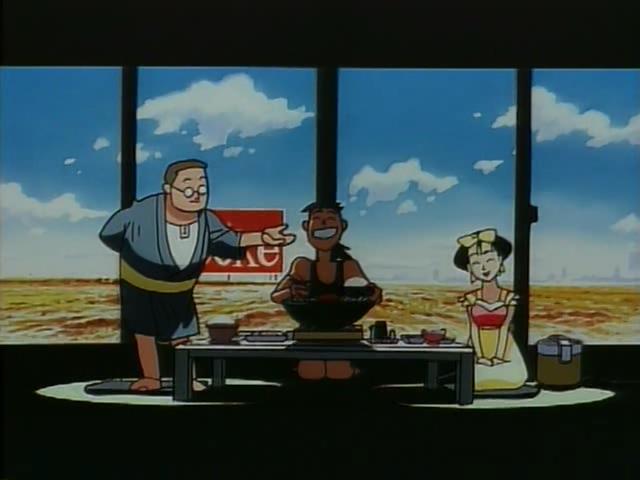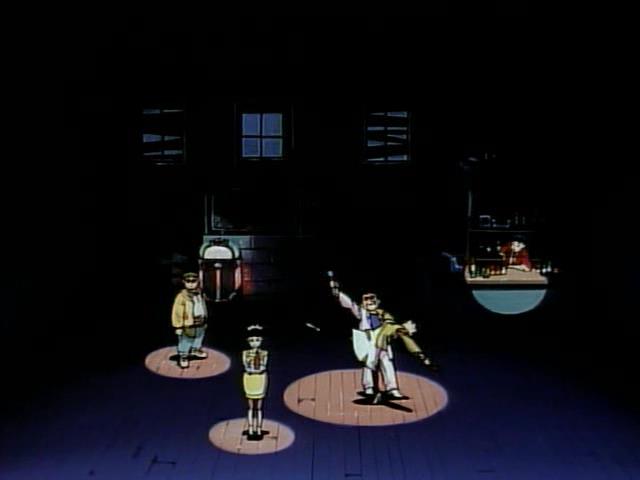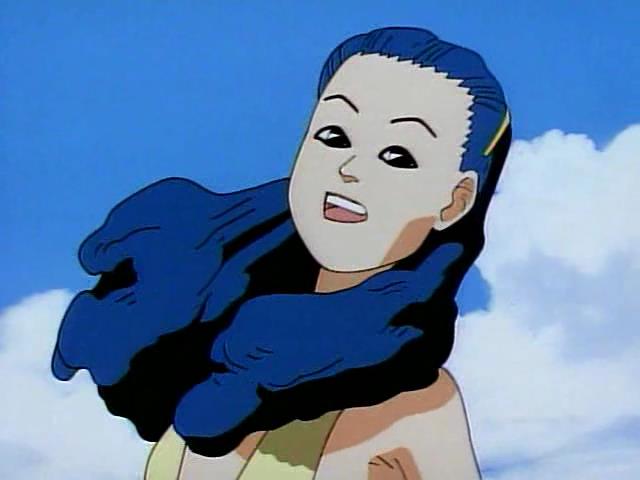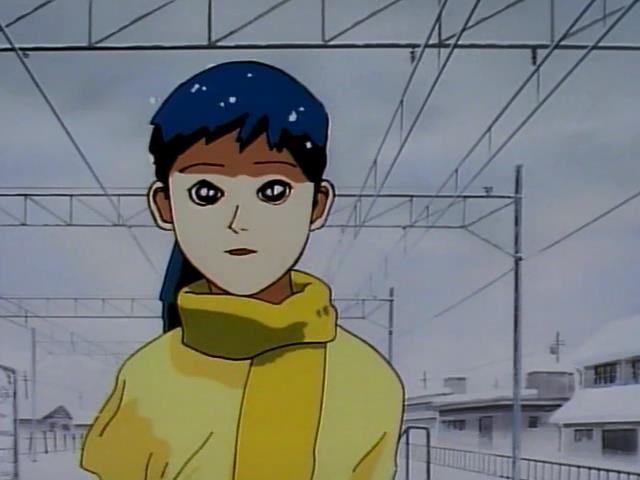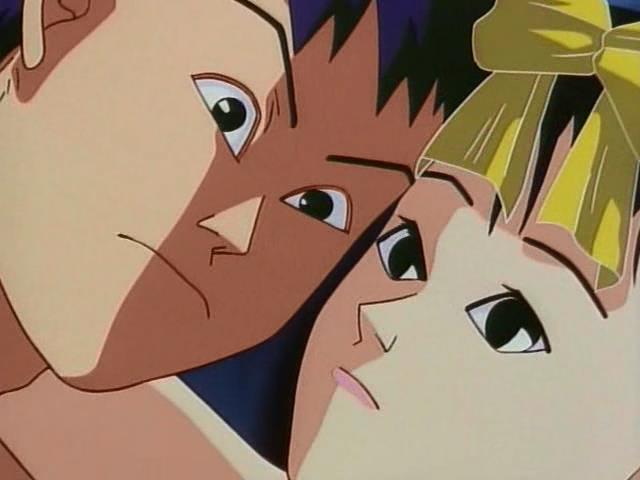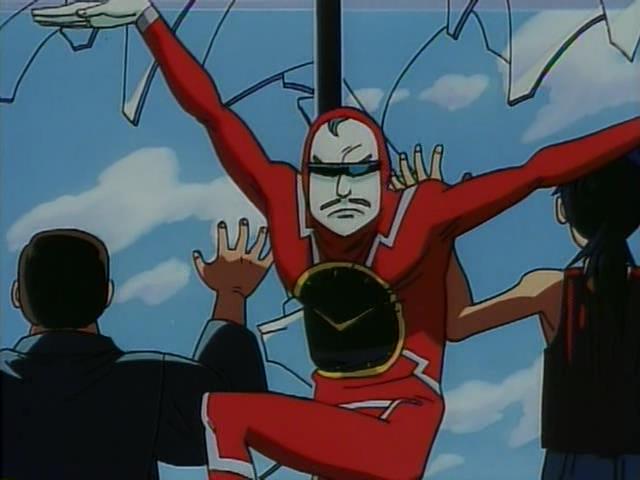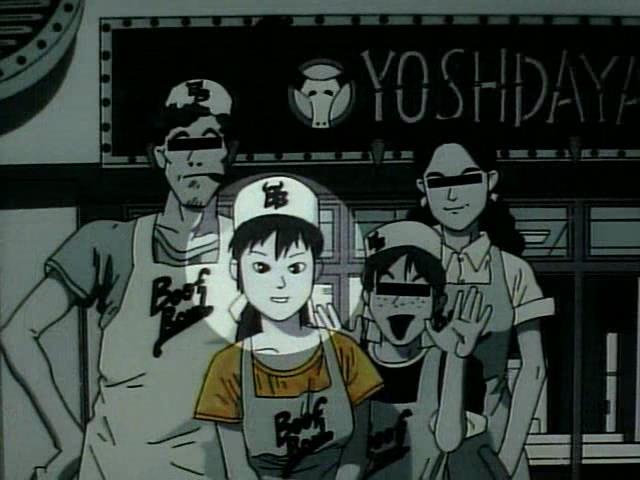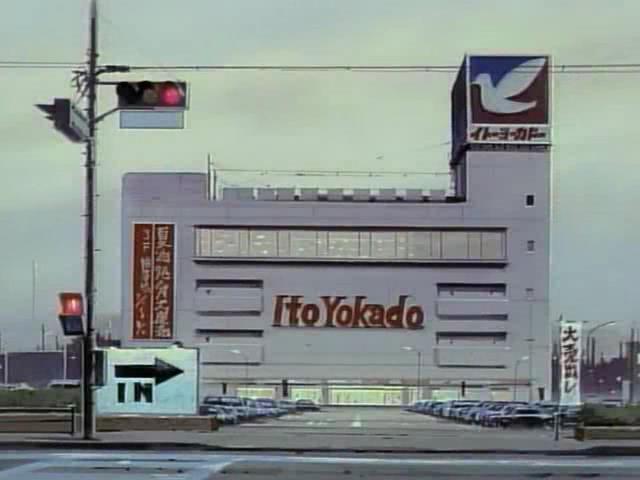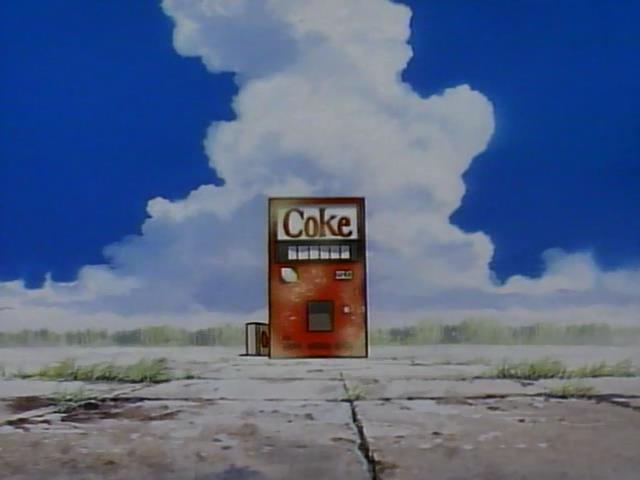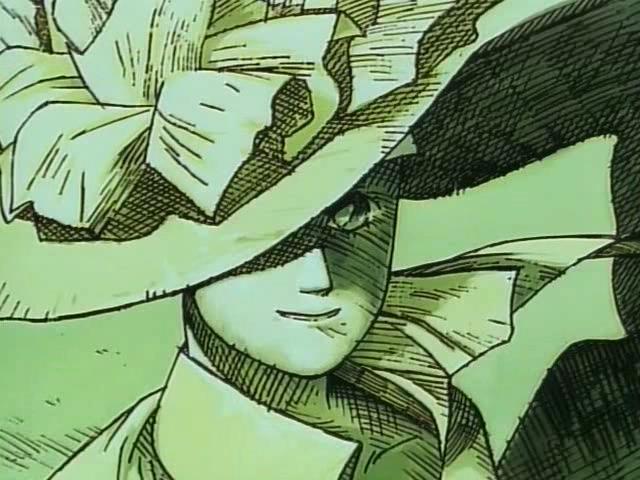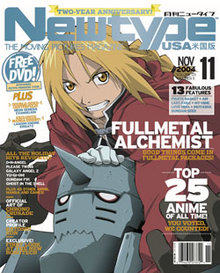Smeelia
Thousand Master
Senkou no Night Raid / Night Raid 1931
I'm not really sure how best to describe Night Raid, basically it follows a group of Japanese superpowered spies in a time where Japan was making moves into the rest of Asia and also moving towards the second World War. The problem is that the show seems to have some difficulty in deciding what it wants to be and what kind of story it wants to tell.
It starts off as something of a spy adventure with a few missions giving each spy a chance to show off their powers while also hinting at some potential development for the characters and a possible plot building in the background. It then seems to shift to developing it's main plot but somehow forgets to also continue developing it's characters. As things progess, the show also throws in a few stand-alone episodes dealing with other issues of the time. While these are perhaps the most effective episodes in the show, there aren't enough of them to consider the show an "anthology" of sorts and rather than contribute to the main plot and characters they seem to take away from their development (especially when the main characters don't even appear).
The main plot tries to take over in later episodes but it feels inconsistent in theme and many of the events rely on empathy with the characters that viewers are unlikely to have built up due to a lack of character development. Major events start to feel more like they're happening in an attempt to create an emotional response rather than because they mean something in the story and this only makes them more difficult to care about. Even worse, the writing doesn't seem to consider the impact some events could/should have on it's characters and feels almost like it's constantly paying attention to the wrong characters or the wrong points when there are opportunities for some decent storylines that are simply overlooked.
The final (OVA) episode is an epilogue of sorts, though it seems to exist primarily to indicate that the characters haven't really grown or learned anything throughout the run of episodes and it even technically undoes one of the few pieces of character development in the show.
I know I've been fairly negative above, but I can't say I didn't enjoy the show. The stand alone aspects are generally quite effective and can tell compelling stories in a short time that make you care about the characters and situations. The themes and topics can often be interesting, even if the show itself doesn't seem to quite know what to do with them, and there's plenty to think about. The characters feel like they have potential and do have some individual moments that can be effective, though they rarely come together and are often forgotten rather than contributing to character development. The characters also have a basic likeability and some decent chemistry, which makes it all the more frustrating to see them used poorly.
Possibly the greatest strength of the show is in it's setting and style. It touches on issues that affected people in the military, in politics and in the general public and it mostly does so in a thoughtful way that doesn't go overboard with too much bias (though perhaps a little bias does sneak in). The show isn't afraid to acknowledge some bad things done in the name of Japan and it even almost manages to make some interesting points on exactly what "Japan" is and what that means for individuals (although some of this is sadly lost in the apparent lack of direction of the show). There's also plenty to look at and the show does a great job of capturing different atmospheres and aspects of life in that time. The character designs are also fairly solid and it's generally easy to keep track of who everyone is.
The show is also fairly effective when it's using it's spies to carry out missions. Their powers work well together (though some of the restrictions feel a little too specific to be anything other than plot devices) and each character plays an important role at one time or another so it makes the team feel well balanced. The action and gradual uncovering of details can make for a fun time, so it feels like something of a shame that the show didn't simply stick with that as it's main purpose.
At the end of the day, I did find the show fairly enjoyable but it was somewhat disappointing that the show lacked direction and wasn't really able to develop it's characters in a meaningful way. There are several good ideas in the show and many of them could have been great with proper attention and development, it just feels like the show tried to do too much and ended up achieving less than it could have if it had stayed more focussed on just one aspect. Overall, it's not a bad show and it's less that the show does too much wrong and more that it simply doesn't do as much right as it probably could have.
I'm not really sure how best to describe Night Raid, basically it follows a group of Japanese superpowered spies in a time where Japan was making moves into the rest of Asia and also moving towards the second World War. The problem is that the show seems to have some difficulty in deciding what it wants to be and what kind of story it wants to tell.
It starts off as something of a spy adventure with a few missions giving each spy a chance to show off their powers while also hinting at some potential development for the characters and a possible plot building in the background. It then seems to shift to developing it's main plot but somehow forgets to also continue developing it's characters. As things progess, the show also throws in a few stand-alone episodes dealing with other issues of the time. While these are perhaps the most effective episodes in the show, there aren't enough of them to consider the show an "anthology" of sorts and rather than contribute to the main plot and characters they seem to take away from their development (especially when the main characters don't even appear).
The main plot tries to take over in later episodes but it feels inconsistent in theme and many of the events rely on empathy with the characters that viewers are unlikely to have built up due to a lack of character development. Major events start to feel more like they're happening in an attempt to create an emotional response rather than because they mean something in the story and this only makes them more difficult to care about. Even worse, the writing doesn't seem to consider the impact some events could/should have on it's characters and feels almost like it's constantly paying attention to the wrong characters or the wrong points when there are opportunities for some decent storylines that are simply overlooked.
The final (OVA) episode is an epilogue of sorts, though it seems to exist primarily to indicate that the characters haven't really grown or learned anything throughout the run of episodes and it even technically undoes one of the few pieces of character development in the show.
I know I've been fairly negative above, but I can't say I didn't enjoy the show. The stand alone aspects are generally quite effective and can tell compelling stories in a short time that make you care about the characters and situations. The themes and topics can often be interesting, even if the show itself doesn't seem to quite know what to do with them, and there's plenty to think about. The characters feel like they have potential and do have some individual moments that can be effective, though they rarely come together and are often forgotten rather than contributing to character development. The characters also have a basic likeability and some decent chemistry, which makes it all the more frustrating to see them used poorly.
Possibly the greatest strength of the show is in it's setting and style. It touches on issues that affected people in the military, in politics and in the general public and it mostly does so in a thoughtful way that doesn't go overboard with too much bias (though perhaps a little bias does sneak in). The show isn't afraid to acknowledge some bad things done in the name of Japan and it even almost manages to make some interesting points on exactly what "Japan" is and what that means for individuals (although some of this is sadly lost in the apparent lack of direction of the show). There's also plenty to look at and the show does a great job of capturing different atmospheres and aspects of life in that time. The character designs are also fairly solid and it's generally easy to keep track of who everyone is.
The show is also fairly effective when it's using it's spies to carry out missions. Their powers work well together (though some of the restrictions feel a little too specific to be anything other than plot devices) and each character plays an important role at one time or another so it makes the team feel well balanced. The action and gradual uncovering of details can make for a fun time, so it feels like something of a shame that the show didn't simply stick with that as it's main purpose.
At the end of the day, I did find the show fairly enjoyable but it was somewhat disappointing that the show lacked direction and wasn't really able to develop it's characters in a meaningful way. There are several good ideas in the show and many of them could have been great with proper attention and development, it just feels like the show tried to do too much and ended up achieving less than it could have if it had stayed more focussed on just one aspect. Overall, it's not a bad show and it's less that the show does too much wrong and more that it simply doesn't do as much right as it probably could have.

